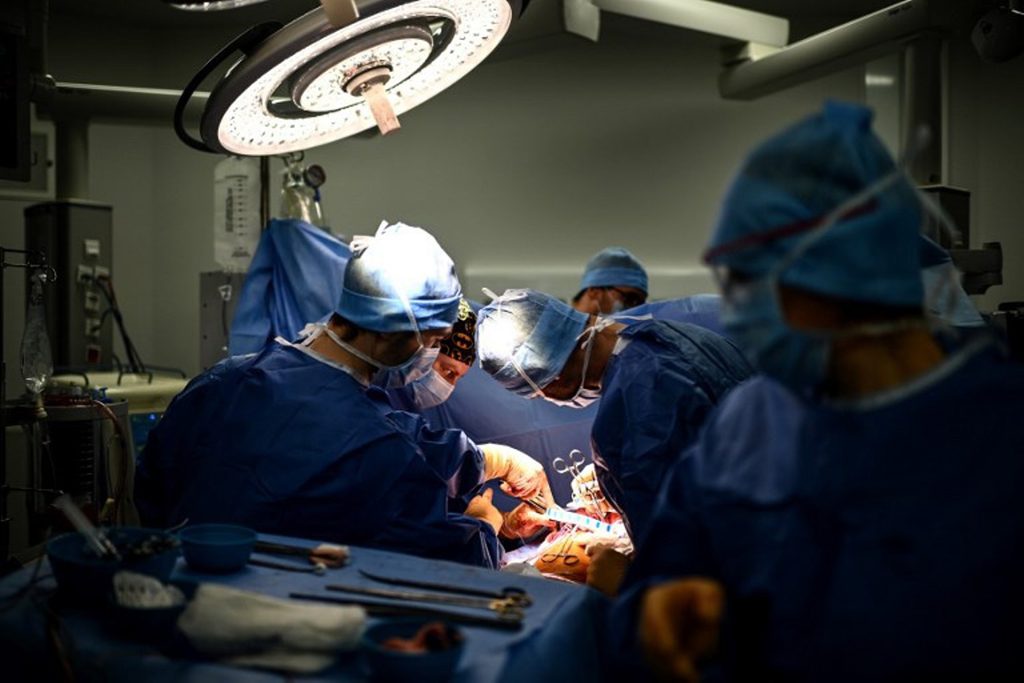Researchers at UCLouvain university announced a major breakthrough in the fight against organ transplant rejection on Thursday.
The university's "revolutionary" discovery has made it possible to identify "one of the major factors" in the failure of a transplant: the inappropriate dosage of the anti-rejection drug tacrolimus, the academic institution explained. As a result, better targeting of post-transplant treatment should "alleviate the resulting side effects."
The scientists, Laure Bindels and Laure Elens, supported by Alexandra Degraeve, an aspirant at the National Fund for Scientific Research (FNRS), have uncovered the interactions between the dosage of tacrolimus and the microbiota.
Following five years of investigations, they have concluded that "the presence of a microbiota increases the concentration of the drug in the blood." The microbiota can therefore "reduce the risk of transplant rejection or, conversely, increase the risk of occurrence of side effects" depending on how the drug is taken, the researchers deduced.
The clinical study showed that "the higher the drug dosage, the less rich the microbiota (less diverse in bacteria)," UCLouvain added.
Related News
- World first: Belgian hospitals treated abnormality of baby in the womb
- Belgian man lives 36 years with heart transplant, setting new world record
The study also determined "two specific genera of bacteria associated with the decrease in the required dose of tacrolimus."
Thanks to FNRS funding, the three scientists will now study the microbiota over a long period while experimentation of their concept "with other drugs (anti-HIV, hypotensive drugs, etc.)", is underway, their employer reports.
In Belgium, around 1,600 people are put on the waiting list for a transplant every year. More than 40% of patients have to wait for over a year before receiving a transplant, UCLouvain says.

